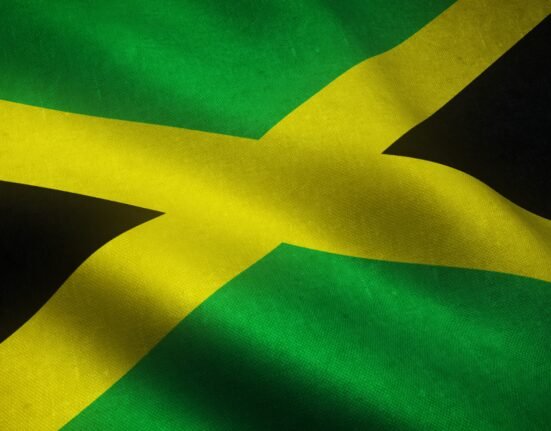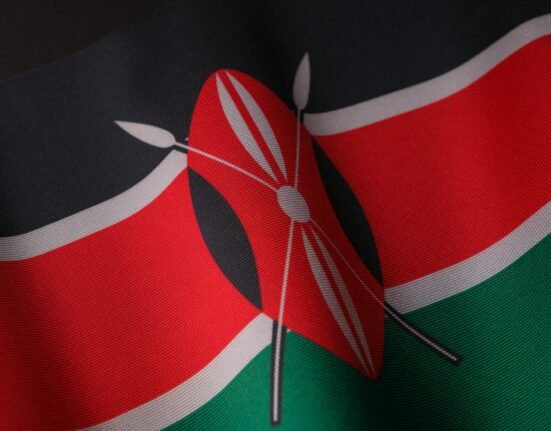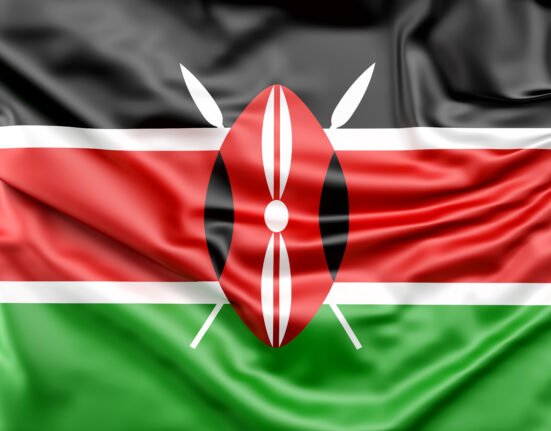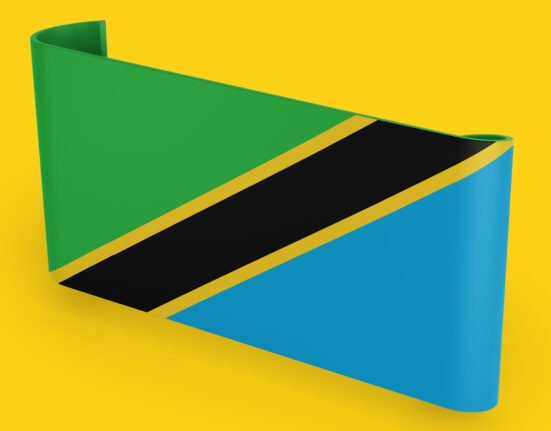Game-Changing Decision Reshapes the Country’s iGaming Landscape
Namibia’s gambling industry is bracing for major changes following a pivotal High Court ruling that reinforces the government’s authority to collect gambling levies. The court dismissed appeals from several operators who had withheld millions in statutory payments, marking a major win for regulatory enforcement in Africa’s evolving gaming sector.
The legal dispute centered on operators challenging the levy framework, arguing it was disproportionately high, lacked stakeholder consultation, and imposed an unfair financial burden. However, Justice David Munsu rejected these claims, declaring that the Gambling Act provides clear legal grounds for the levies, which serve the public interest.
Court Affirms Regulatory Power and Financial Accountability
- All unpaid levies must be cleared within 60 days
- Late payments will incur 2% monthly interest
- Persistent defaulters risk license suspension
- The Gambling Board retains authority to set and enforce levy rates
- New auditing and financial reporting requirements are in effect
Industry Faces Operational and Financial Shifts
The judgment is expected to trigger a wave of adjustments across the sector. Analysts predict market consolidation, especially among smaller operators struggling to meet compliance demands. Meanwhile, the decision is likely to improve transparency and channel more funds into responsible gambling initiatives.
egional Ripple Effect: A Blueprint for African Regulators
Across Africa, similar moves are unfolding. Countries like Kenya, South Africa, and Zambia have recently tightened gambling tax regimes. Namibia’s ruling may now serve as a regional benchmark for balancing industry growth with regulatory responsibility.
While some operators have pledged compliance, others are seeking clarity. As the industry adapts, Namibia’s regulatory stance could shape gaming policy across the continent.























